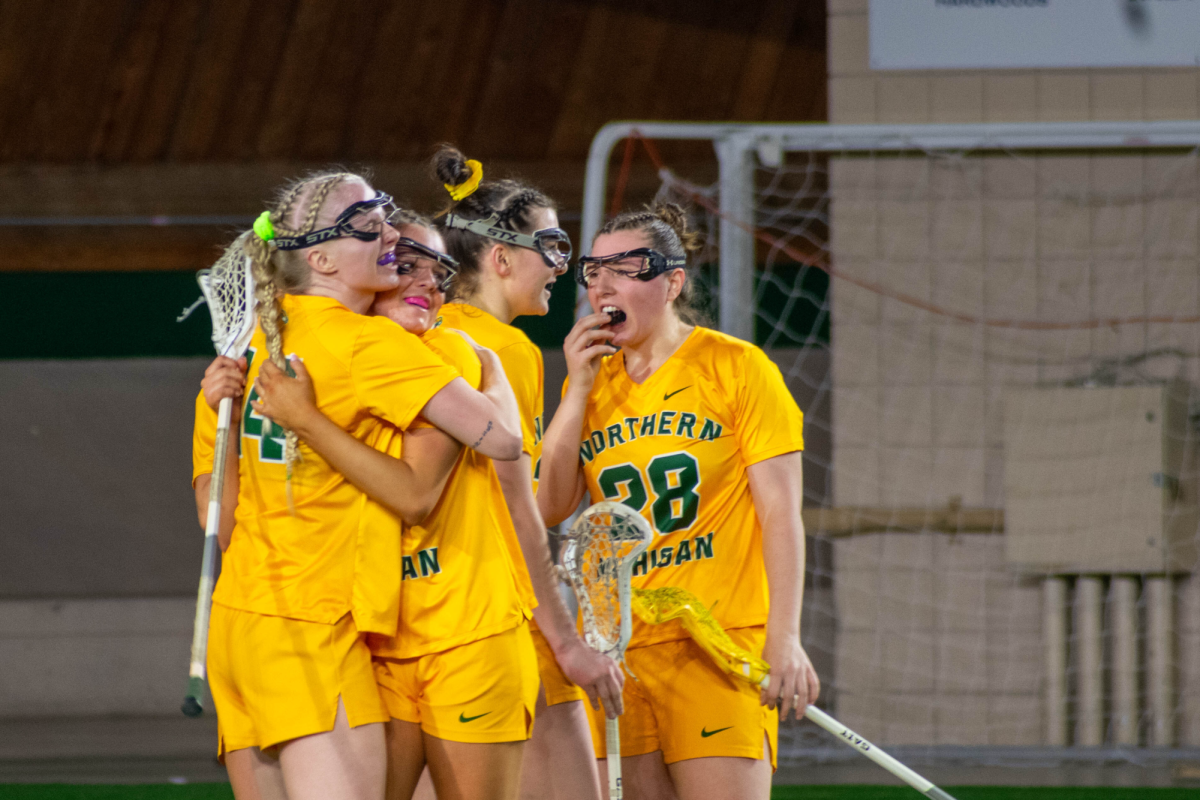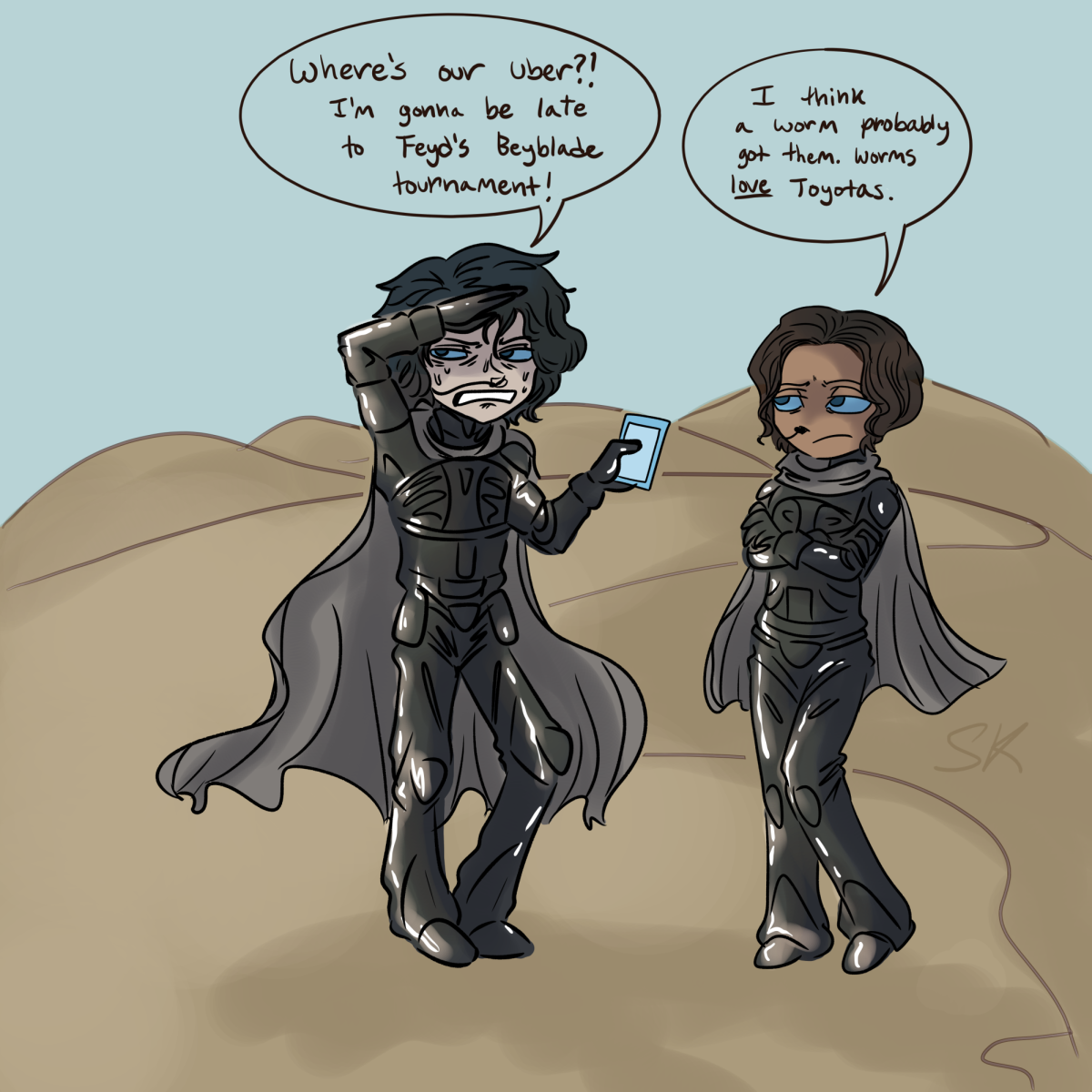Headlined by controversies on and off the field, the 2017 NFL season wasn’t the most easygoing for the league and its nearly 1700 players. Individual athletes faced allegations of sexual assault and violence, concussions and long term injuries were correlated with the sport and President Trump clashed with players to redefine First Amendment rights.
Leading into last Sunday’s Super Bowl, it seemed like the tension from kneeling and fist-raising that occurred during the National Anthems earlier in the season would climax at the most watched sporting event in the United States.
But, there was no kneeling, and President Trump was nowhere to be found at the game, online nor in commercials.
Perhaps the cost of $5 million for a 30-second spot—that’s $166,666 per second—motivated advertisers to stick with humorous allusions to pop culture figures to sell products, rather than engage in worn out political battles. Trump already dominates the news cycle, and as a result, no ads this year made direct references to Trump.
Last year’s commercials, which spotlighted a recently inaugurated Trump and his campaign topics, essentially yelled “we disagree with Trump.” The virtues of immigration, gender equality and civil rights were showcased, and some celebrities explicitly spoke out against Trump with a corporate sponsored backdrop.
This year’s commercials, however, still retained a political tone, but were far more subtle in rebutting Trump’s presidency. Instead of blatant outcries, they combined as a united rebuttal of Trump’s vision of America.
The most explicit ads revolved around providing relief and water to communities devastated by hurricanes and people in developing countries.
In 2017, Budweiser chronicled the immigration story of its founder, and this year advocated for the delivery of clean water to places neglected by the Trump administration.
Similarly, the water.org and Stella Artois collaboration brought attention to the lack of clean drinking water in developing countries, even though Matt Damon’s call to action requires some fact-checking.
Less explicit commercials, however, were still complex in their undertones of diversity and political implications. Four ads—Coke, Kraft, Toyota and T-Mobile—stand out as suggesting that the way to contend Trump’s presidency is by coming together.
The ads’ visuals, in tandem with their copy, implied that America’s strength comes from the diversity and power of expression of its people.
The one-minute Coke ad is a collage of images of contrary people—black, white, young, old—linked by their shared love of Coke products. Kraft’s commercial synthesizes pictures and videos of actual families— interracial and gay couples, white and black families—from around the United States.
Toyota’s “One Team” ad harmonizes a classic joke with cultural unity by showing four different religious leaders going to a football game together.
T-Mobile cycles through the faces of infants of different races and nationalities while a narrator drops deeply relevant lines: “You come with open minds and the instincts that we are equal. You will be heard, not dismissed. Change starts now.”
Just as the State of the Union reflects on the status of the country, so too do Super Bowl commercials function as representations of the condition of the citizen.
The final report of the ads this year: we are not defined by Trump; America is already great because of its people.

























